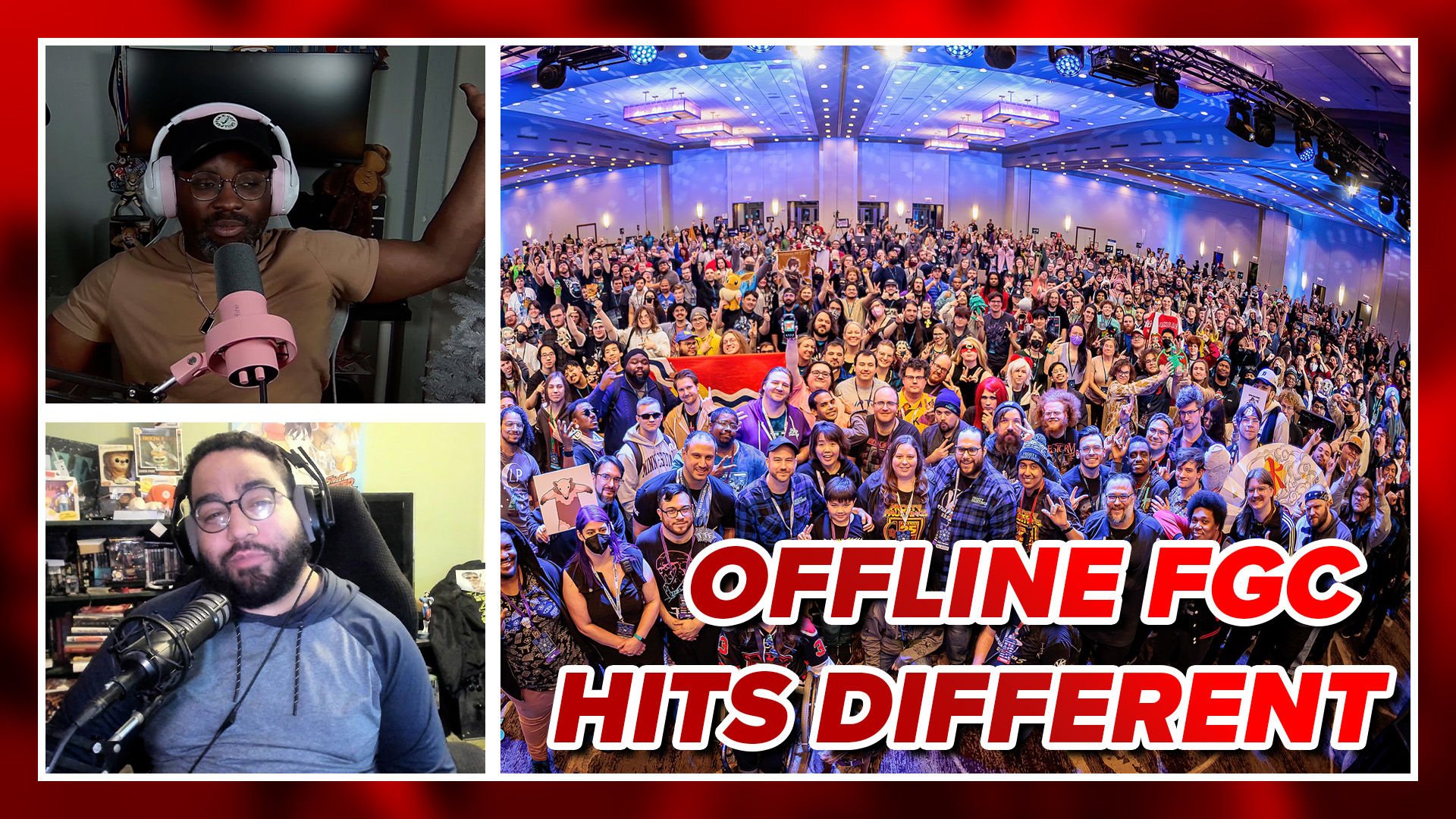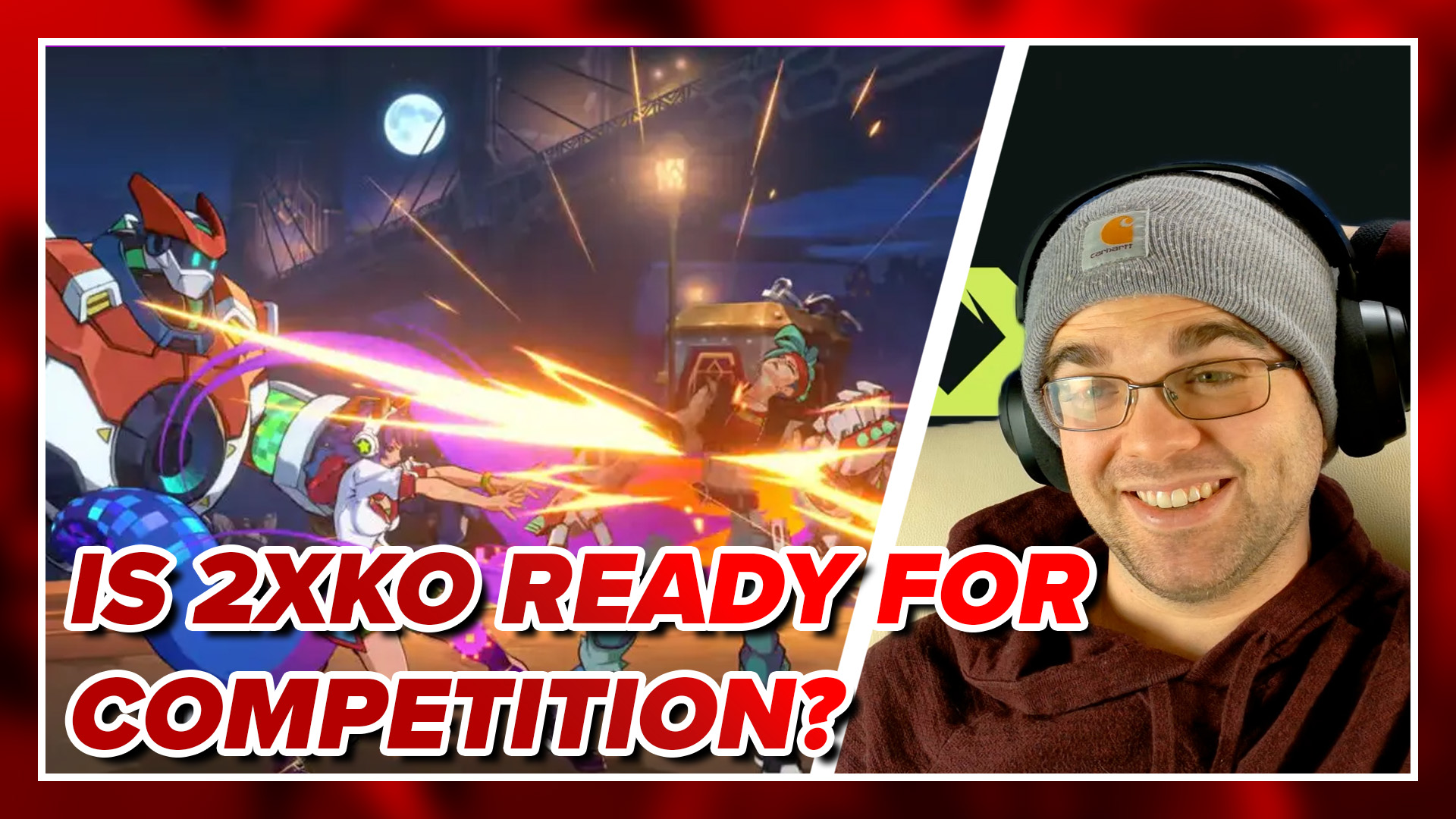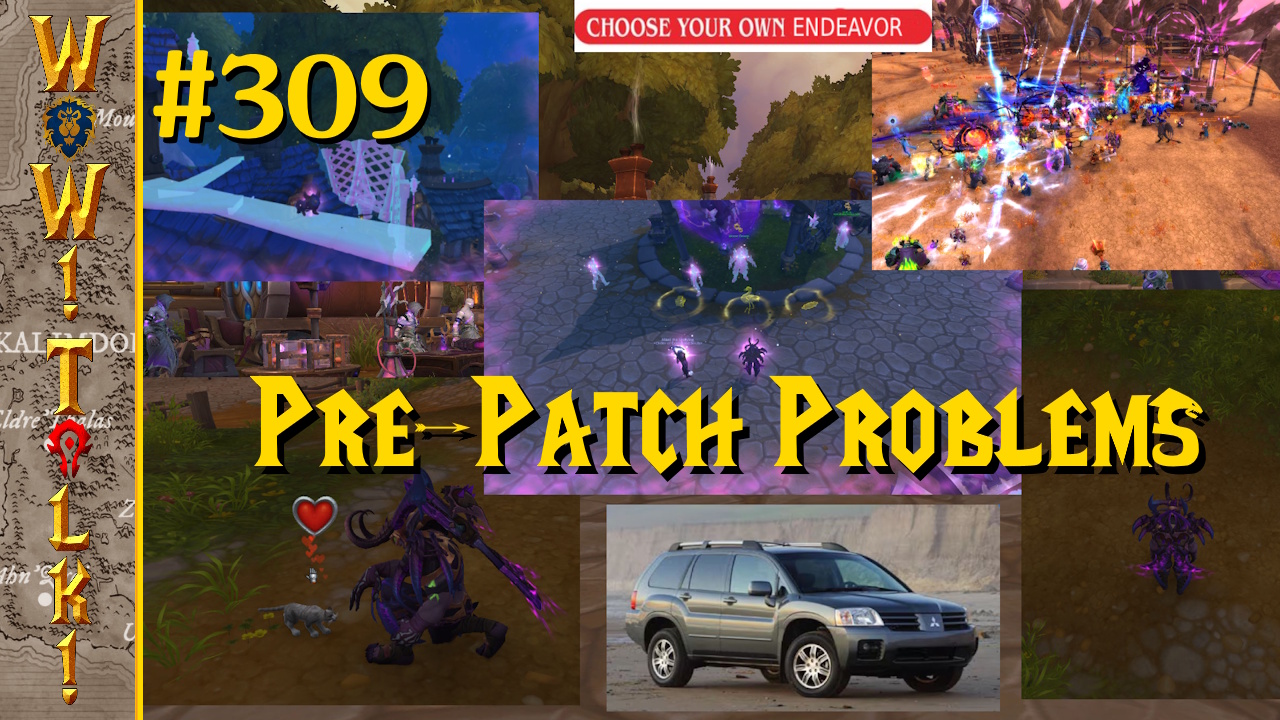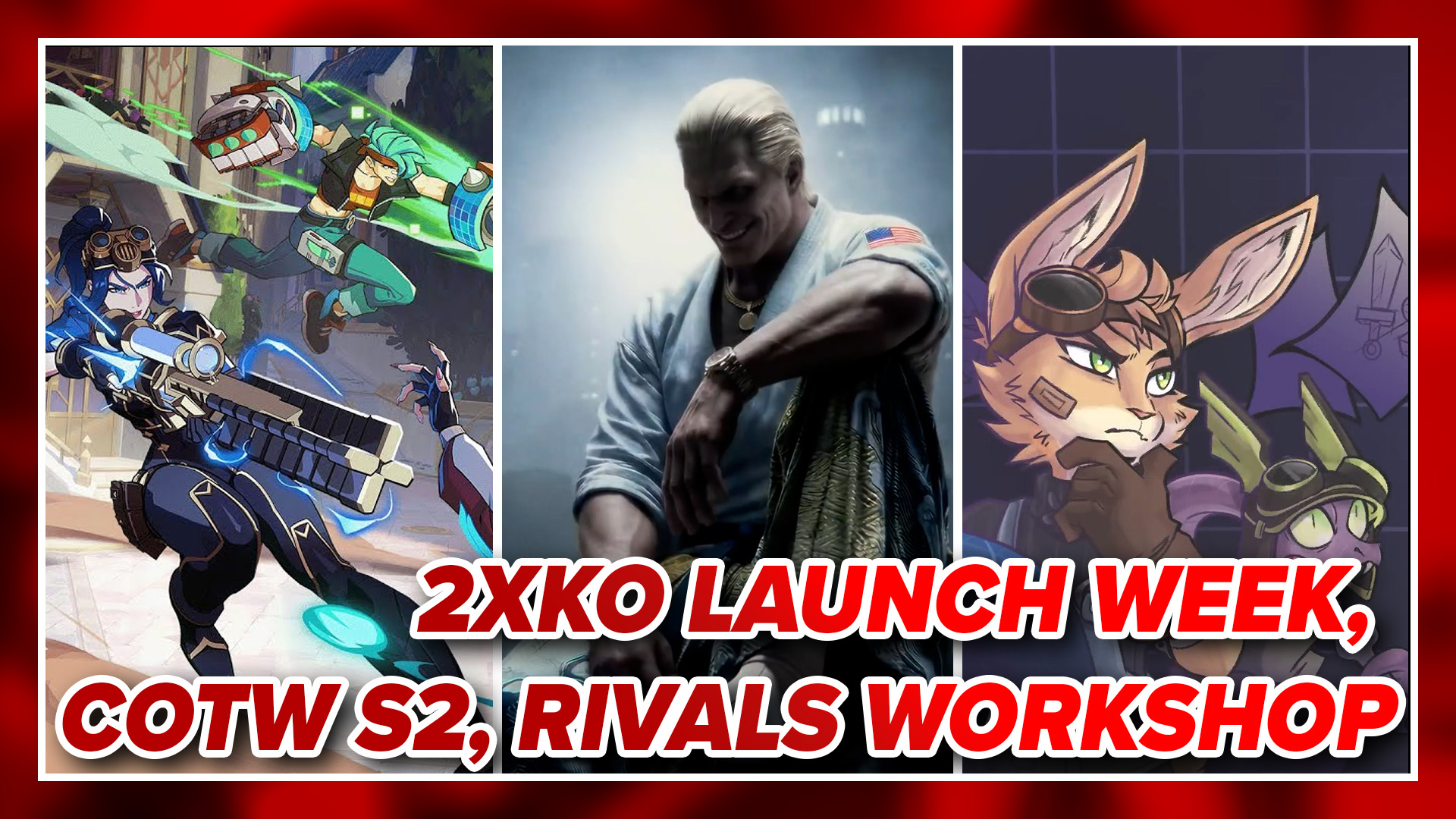
Moving is not conducive to playing a long game, especially when you haven’t packed yet, so the idea of playing a point and click game while trying to move wasn’t something I was looking forward to. The idea of messing around with multiple objects and trying desperately to guess at what the developer wants me to do with them is a grim prospect when you have a limited amount of time to play, so I wasn’t the most cheery guy going into Daedelic Entertainment’s Memoria. I stayed that way for most of the first chapter, too, getting angry any time a solution wasn’t immediately obvious, but somehow the game got its claws into me. With a gorgeous art style to rival Vanillaware’s work, some neat fantasy locales, and a storyline that I just couldn’t stop reading once it got going, Memoria can turn even the biggest grouch into a point and click convert.
That’s not to say that it isn’t going to get on your nerves at some points. Memoria loves to have puzzles that require you to fiddle around with everything in your environment before you can get through. Now, a few of these puzzles seemed to have a bit of logic to them, but most of the time I found myself with a handful of items and no idea what to use them on. Often, solutions that didn’t make a lick of sense to me would be what worked, so I recommend trying everything that’s possible every time you’re stuck. If you ever find yourself thinking that there’s no reason for a puzzle to work the way it does, that’s probably the exact solution you need to try. Making a potion? Perhaps a piece of the curtains will help you out. By the way, if you don’t turn on the item highlighting option and combination assist option in the menu, you may just kill yourself.
Daedelic Entertainment understands these games pretty well by now, so they were kind enough to make most of the more complex puzzles take place within a single room. If you have a ton of items that you picked up all at once and are starting to feel sick at the idea of figuring out how to use them across several maps, you’re in luck, as you’re usually going to use all of them right where you’re standing. It takes the random feeling of figuring out what works with what and keeps it in one contained area, keeping the number of interactions down. It takes a common gameplay issue of the genre and makes it go down a whole lot smoother. You might still get really frustrated at what the solution is, but you won’t be at it for very long.

There are a couple of abilities to change things up from just item grabbing and manipulation. You have spells that let you repair objects, activate things, turn stuff to stone, and send thoughts into someone’s mind. Most of these are used sparingly throughout the game, often resulting in me forgetting about them when I needed them. I don’t even want to talk about how many times I would go into the menus and see the repair power after wasting ten minutes figuring out what to do. They’re not really mechanics that change the way the game is played, but they are a nice alternative to item use and provide some variety.
The only one that I had a lot of trouble with was sending thoughts. It works like something out of Cognition: An Erica Reed Thriller where you need an item the person owns, and can then use that item to project something into the person’s mind. The game gives clues on what sort of message you’d want to send, but to do so you have to click on three objects in your current environment that would send that message. Making someone feel pity for another character seems pretty straightforward, but figuring out what environmental item is supposed to invoke pity is not that simple. The available items are all highlighted so you’ll get the right solution eventually, but there are typically ten to fifteen things being highlighted. That’s a lot of possible errors, and if you haven’t been paying close attention or aren’t entirely sure what you’re supposed to be communicating, you can be at them for a while.
I’m not a big fan of the interface, either. I liked that you could just hover your mouse near the bottom of the screen to get your item list open, but when I had to fiddle with items around the environment this much I wanted an inventory I could access near my mouse pointer. They tried to take care of that by letting you change your mouse icon to an item by scrolling with the wheel, but the icon is pretty small to be able to tell what some of this stuff is without squinting, even on a large television. It’s a really small issue, but it bugged me every time.

Even though many item and ability puzzles got hard and annoyed me, the game manages to keep everything feeling pertinent to the game’s story. A lot of point and click puzzle games feel like fetch quests, where one item needs another item which needs yet another item, making me feel like I’m spending hours working over the same stupid puzzle through dozens of steps. Memoria‘s puzzles are often contained to one room, as I said, and those that aren’t tend to stick to small areas that don’t require a lot of exploring. Also, if you need three items for a potion or quest, you will just go out and get those three items. You won’t have to hunt down an axe for a guy so he can cut down a tree and get wood from the tree to give to a kid at a campfire so he’ll give you a coin that you can use to pay the ferryman to get you over to the other side of the beach so you can get sand to give to a sand collector in exchange for his uncle’s Asian porn mag collection. You get the items you need, maybe solve a short puzzle with each one, and that’s it. It makes the game feel tight, and cuts out the meandering, aimless feeling I often get with these games.
That’s good, because I always wanted the story to be moving forward. Well, one side of the story at least. The game tells two stories over two separate timelines, tying them together by having Geron, the hero in the present, looking into Sadja’s story in the past. Now, it took about ten minutes for Sadja to steal my heart. She was strong, had a vicious sense of humor, and was fully clothed, basically making her Female Game Character of the Decade. Her story spanned some amazing places, and her complete determination infuses everything she says. It was just a treat to have her on-screen, and playing as her was awesome. She had believable, interesting motivations and her character changed over the course of the game, getting to the point where the end of her story was dangled in front of me as a carrot for the entire final chapter. I wanted to know everything I could about her story, and was willing to endure everything about Geron in order to learn more about it.
That’s not to say that Geron’s story was boring – just that I always wanted to get back to knowing more about Sadja. Considering the game is about learning what happened to Sadja all those years ago, it gave the game this neat urgency any time I wasn’t playing as her. I had this hunger for more knowledge about her that mirrored what Geron was feeling, and it brought me into the game so hard it wasn’t funny. I was feeling exactly what the hero was feeling whenever it was his turn to be in the spotlight again, and it just sucked me into the storyline.

I really want to go into some specifics about the story, but I can’t spoil it for you. What you need to know is that Sadja isn’t the only great character with believable motivations and reactions. The characters are all fleshed out well, showing distinct personalities that made them likeable characters. So many games have the characters talk as if they’re tropes, spouting nonsense in the guise of character exposition. These characters just talk like relaxed, normal people, and it tells you a lot about them without saying anything directly. You get so much more from their delivery and in what they say, and it’s all just fun to listen to. I wanted to know more about these people, and didn’t cringe when any one character was on-screen.
The story was something I wanted to hear as well. It’s a little confusing in places, but it’s the good kind of confusing where you want to think about it to figure out what’s all happening. It isn’t quite as hard to comprehend as Limbo; far from it. It is just challenging enough that you’ll have to spend some time mulling it over yourself, especially considering the whole game revolves around solving a riddle presented to you at the beginning. I never felt like the story was heavy handed with itself, requiring the player to fill in a few spots with some actual thought, which is nice considering how much hand holding is common in games these days. Again, solid, solid storytelling.
Creating the mythos of this world was a feat in and of itself, too. I have read and played a lot of bad things that try to create a fantasy world by inventing locations and spouting off weird names, and most of the time it falls flat. These things toss names and locations your way so fast that it’s impossible to keep them all straight, and the characters just sound like they’re babbling nonsense (I’m looking at you, Final Fantasy XIII). This game creates a whole other fantasy world, one of beautiful natural places and secret tombs filled with colossi, with such an ease you’ll wonder why no one else seems able to do it. Daedelic Entertainment have perfected the balance in doling out information about a fantasy world, slowly dragging the player in by making it interesting to know more. Every time a new piece of information about this world was handed to me, I clutched at it, hungry for the next piece that would come my way. I love this world, and can’t wait to go back. Demons, angry time gods, gardens that exist in other dimensions, djinn; it’s so good.

A lot of that comes from just looking at these places. The tomb that Sadja starts in is spectacular, and filled with ancient stone golems and statues that make the place spring right to life. Drakonia, an important game location, has dragon statues and halls that dwarf the player, giving this incredible sense of scale for the place. Even many of the natural places are designed extremely well and are lush with trees and other details. It’s those dungeons and fortresses that I live for, though, especially the floating castle during the demon war near the end of the game. Some of the machines and magical devices in those places make something as simple as exploring the halls fun.
The character designs on the monsters and weird creatures are so, so good as well. There’s a living tree covered in eyes at one point that caught me off guard in a cutscene, and watching its eyes open and close was gross but striking. I was also impressed when I came across a creature in a dark room, outlined in shadow. When I started to hear about some of the old gods in Drakonia, and the game presented them like a storybook, I was completely drawn in. The game is beautiful even when it is presenting something ugly.
Memoria has some typical point and click issues, but it does take steps to counteract them (Seriously, turn on the item combination assist). Those issues made the points where I wasn’t hearing more of the plot or visiting the game’s amazing vistas that much more painful, but when I was hearing the story and soaking in the trials that Sadja underwent, I was beyond happy. Memoria is a storytelling treasure in a market incapable of presenting strong, believable characters — let alone a female one. If you want to see more well written stories with great characters in an interesting setting, support these people. This game is well worth it.
Memoria is available for purchase on Steam.




